More and more research is showing us that food is directly linked to our moods and our mental health. Some significant mental health issues including depression, anxiety, and even post-partum depression can be related to diet. Indeed there are other factors involved in the development of mental health disorders, but what we choose to eat is something we have control over multiple times per day. The Vegetarian’s Guide To Mood Boosting Foods helps us understand how not enough food versus too much food, and certainly too much or too little of different types of foods affect our moods. What we decide to eat can have a profound impact on our moods and our mental health. Let’s learn more about how we can use food to improve our mood.
Tara’s Tuesday Tips:
The Vegetarian’s Guide To Mood Boosting Foods
Vegetarian or not, one thing we can control is our food intake. There are an abundance of factors we cannot control when it comes to our mood and mental health, so why not something we can control?
How To Improve Your Mood With Food:
Sugar
- Anxiety, irritability, and moodiness come as a result of the hunger and sugar-high roller coaster. When you eat sugary foods devout of any nutrition (soda, donuts, candy), you bring on this yo-yo effect. Alternatively, when you eat sugar in the form of fruit or whole grains, these foods have combined vitamins, minerals, and fiber. Complex carbohydrates/sugars do not have the same spiking effect on blood sugar. These foods actually help to stabilize blood sugar and prevent mood swings.
- What to eat? Complex carbohydrates/sugars including fruits, oatmeal, brown rice.
- What not to eat? sodas, donuts, baked goods, candy. Check out my guides here and here and here to learn more about sugar and our health.
Phytonutrients
- A study published in the Journal of Nutritional Neuroscience found that eating more vegetables can cut your odds of developing depression by 62%! That’s a lot! These researchers found that there is an enzyme in the brain that is elevated in people with depression. We can inhibit this enzyme by eating lots of foods with a high phytonutrient content.
- What to eat? Mood boosting foods with phytonutrients include cinnamon, apples, berries, grapes, onions, green tea, broccoli, spinach, oregano, and nutmeg. Try Steel Cut Oats or Sautéed Frozen Spinach or Air Fryer Broccoli.
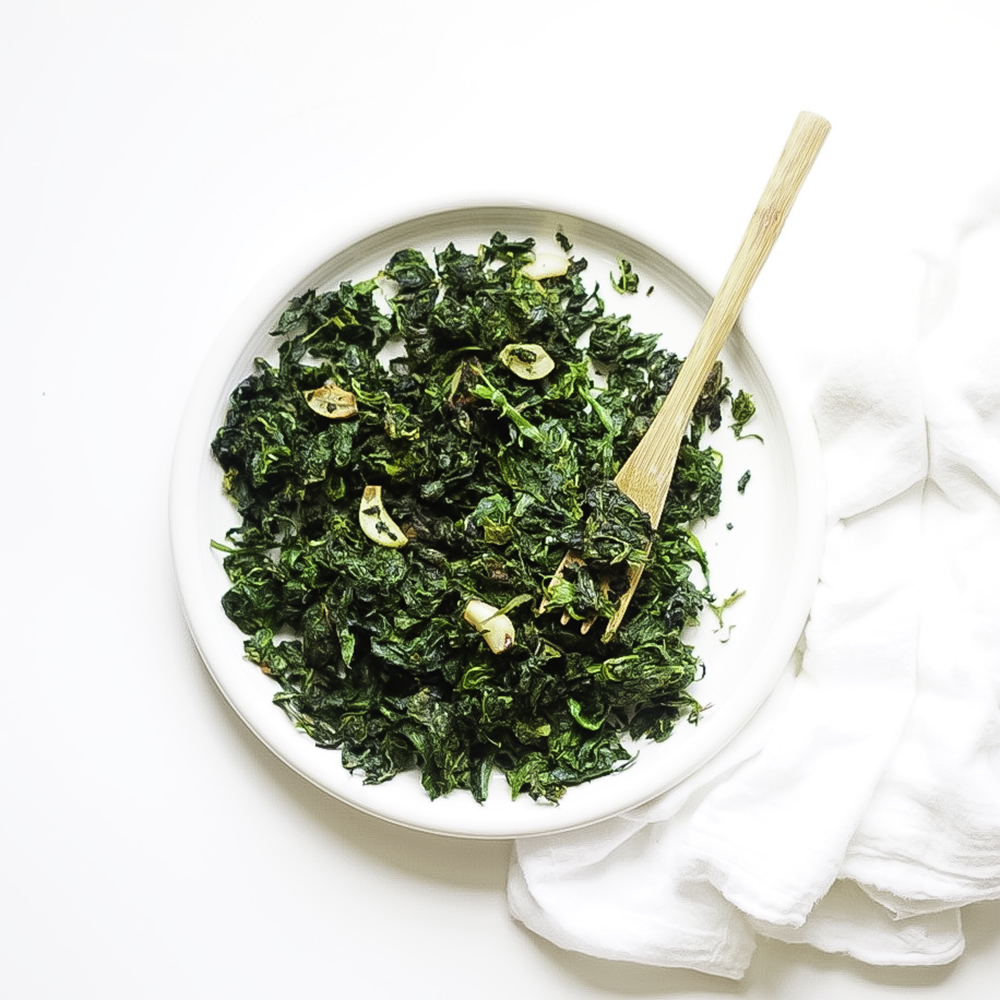
Tryptophan
- The amino acid, Tryptophan, is converted into serotonin and melatonin in the body. These are important ‘feel good + calm’ chemicals for our brains. Multiple studies have shown us that low levels of tryptophan can lead to mood disorders, anxiety, decreased cognitive functioning, and depression. Eating complex carbohydrates actually helps give the body better access to tryptophan.
- What to eat? The ideal sources are foods with a high tryptophan-to-protein ratio including sesame, sunflower, or pumpkin seeds. Other good sources include brown rice, nuts, oats, bananas, and apples.
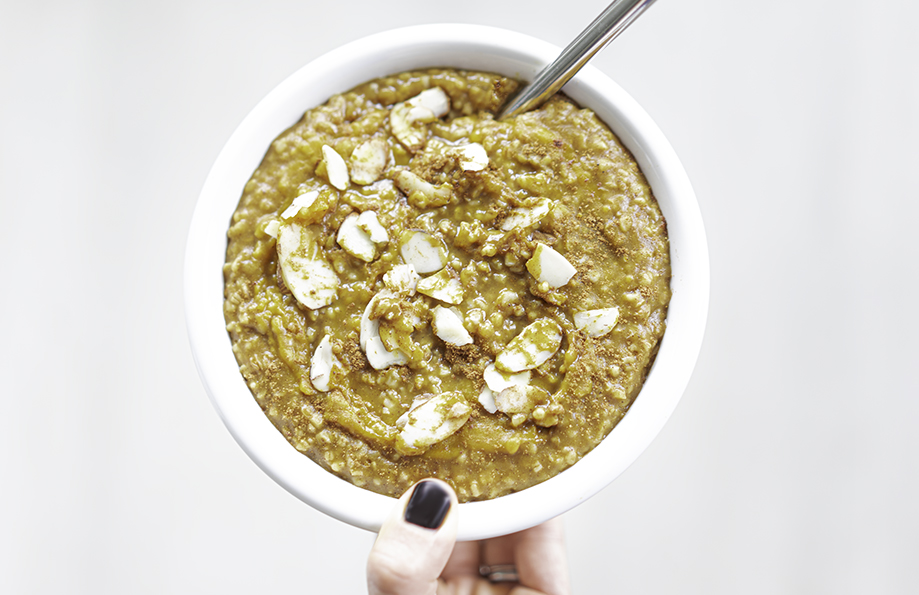
Coffee
- A Harvard University Study found that people who drank 2 or more cups of coffee per day had half the suicide risk of those who did not drink coffee. A follow up study showed that the suicide risk continued to go down with up to 8 cups of coffee per day.
- What to eat? Be careful! Coffee is good, but watch what you are putting in that coffee mug. With increased consumption of sugary beverages or artificially sweetened drinks comes an increased risk of depression so go easy on adding syrups, sugar, and artificial sweeteners.
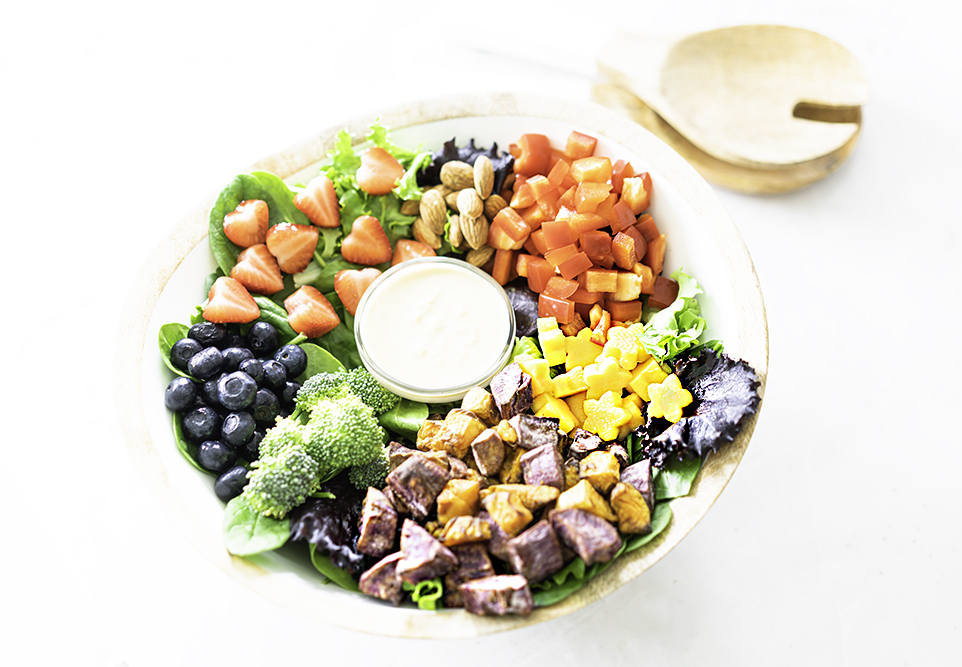
Antioxidants
- You may have heard of free radicals. Those pesky molecules that damage our body tissues, contribute to aging and the development of certain diseases. The bad news is that free radicals may also play a role in developing depression. On the other hand, the good news is, free radicals are extinguished by eating antioxidants. A study in the Journal of Preventative Medicine found that if you have a higher fruit and vegetable intake, you have a was lower risk depression as well as mood and anxiety disorders.
- What to eat? If The Vegetarian’s Guide To Mood Boosting Foods is teaching you anything it should be teaching you that increasing your fruit + vegetable intake might be the key to a better mood. Lots and lots of antioxidants live in brightly colored fruits + vegetables (tomatoes, green leafy vegetables, sweet potatoes, blueberries, the more color the better). Try Superfood Salad or Instant Pot Sweet Potato Corn Chowder or Sweet Potato Crinkle Fries.
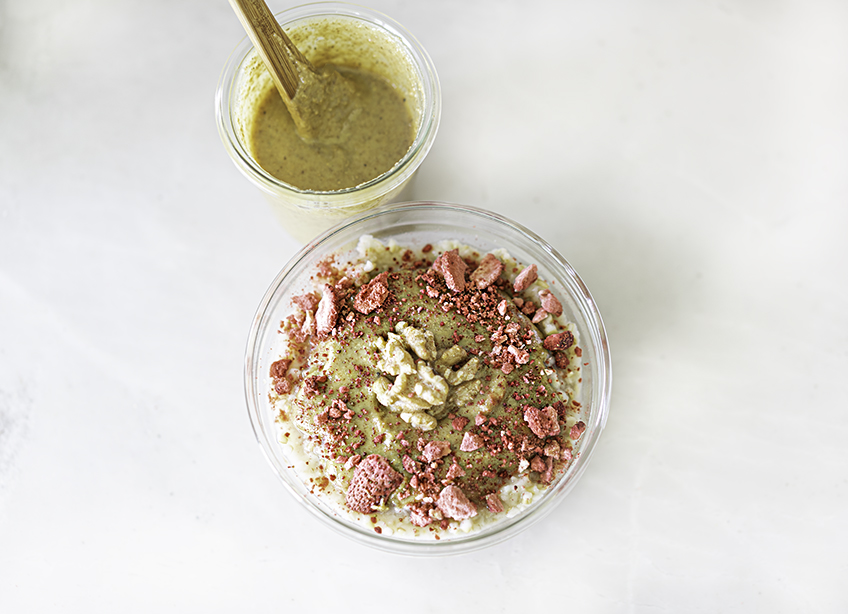
Omega-3
- People with depression have been found to have lower levels of the omega-3 fatty acid docosahexaenoic acid (DHA). The good news? We can fix this one with food too! Vegetarians must rely on plant foods to convert alpha-linolenic acid (ALA) to DHA.
- What to eat? Walnuts, flaxseeds and flaxseed oil, fortified soy milk. Try making your own Walnut Butter.
Is Saturated Fat A Mood Boosting Food?
- Ummmmm ….. NO! The opposite is true. A diet low in saturated fat can actually be protective against depression! A diet high in saturated fat leads to inflammation in our bodies and our brains. I won’t get too science nerd on you 😊. Simply put, more saturated fat in your diet = increased chance of depression, anxiety, and Alzheimer’s disease. Less saturated fat + more monounsaturated fat = improved brain function, decrease in anxiety, depression, and dementia. Plenty of studies to back this.
- What to eat? Start here with my article: How to Lower Your Cholesterol which goes into great detail about saturated vs unsaturated fats.
Gut Health + Mood
- Having lots of good gut bacteria is essential to proper functioning of our brains and other body systems. Our gut has recently been referred to as our second brain. New research is telling us that if we can fix imbalances in our guts, we can reverse anxiety and depression! A large percentage of serotonin is also produced in our guts. A healthy gut = a healthy mind.
- What to eat? Firstly, start slowly introducing more high fiber foods. Secondly, get familiar with fermented foods. Above all, be sure you are getting VARIETY! Some specific examples include bananas, berries, nuts, oats, coffee, beans, green leafy vegetables, high fiber fruits. My favorite resource for all things gut health is right here The Plant Fed Gut.
Hope this helps you understand how mood and food are related! To sum it up, fuel your body with lots and lots of high fiber, colorful fruits + veggies first. Next focus on complex carbohydrates. Above all, learn to love cooking + eating these foods without added saturated fats + sugars.
Do you need help getting started? Check out my Guide to Oil-Free Cooking, Calorie Density 101, The Truth About Carbs (Good vs Bad Carbs), How To Eat To Prevent Diabetes, Healthy Alternatives to Refined Sugar.
All the best,
Tara👩🏻🍳
💚 Follow me on Instagram @myvegetarianfamily where I post my daily food journey + be sure to subscribe here to my weekly emails for tips and recipes so that you never miss a veggie thing! 💚
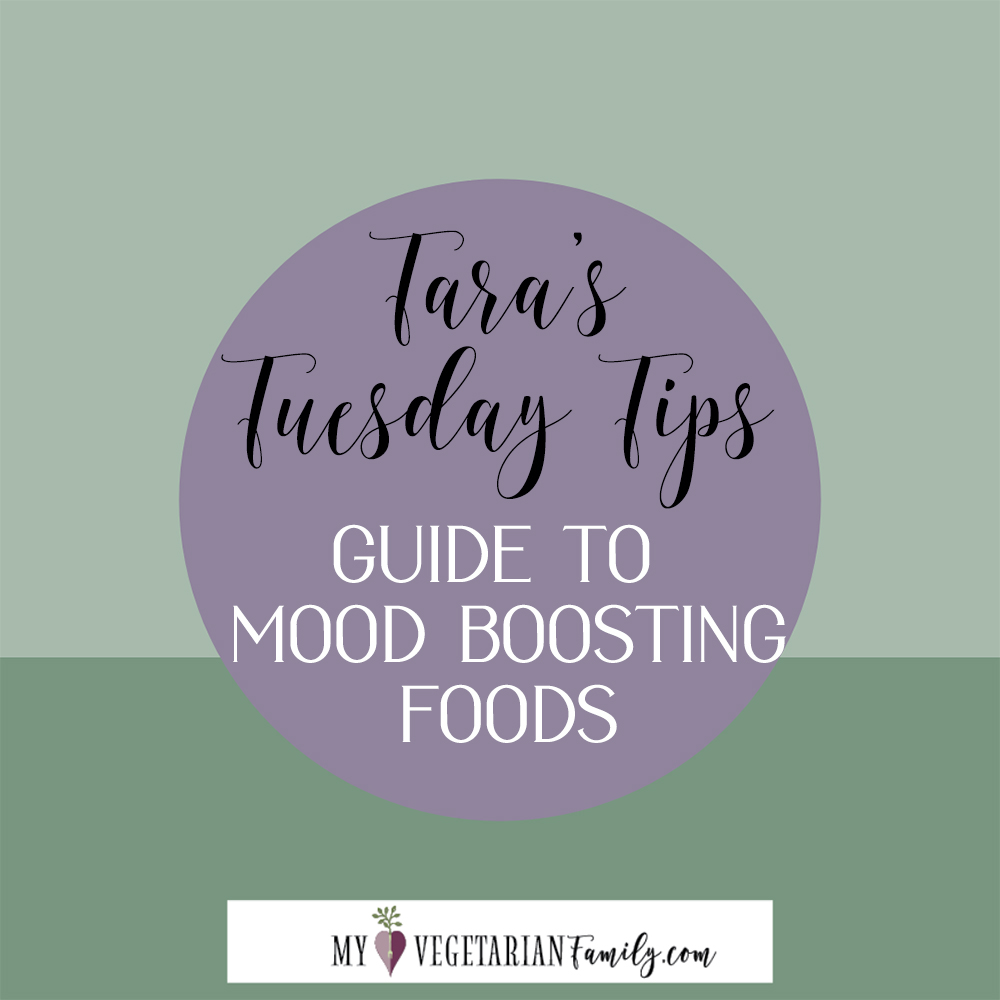
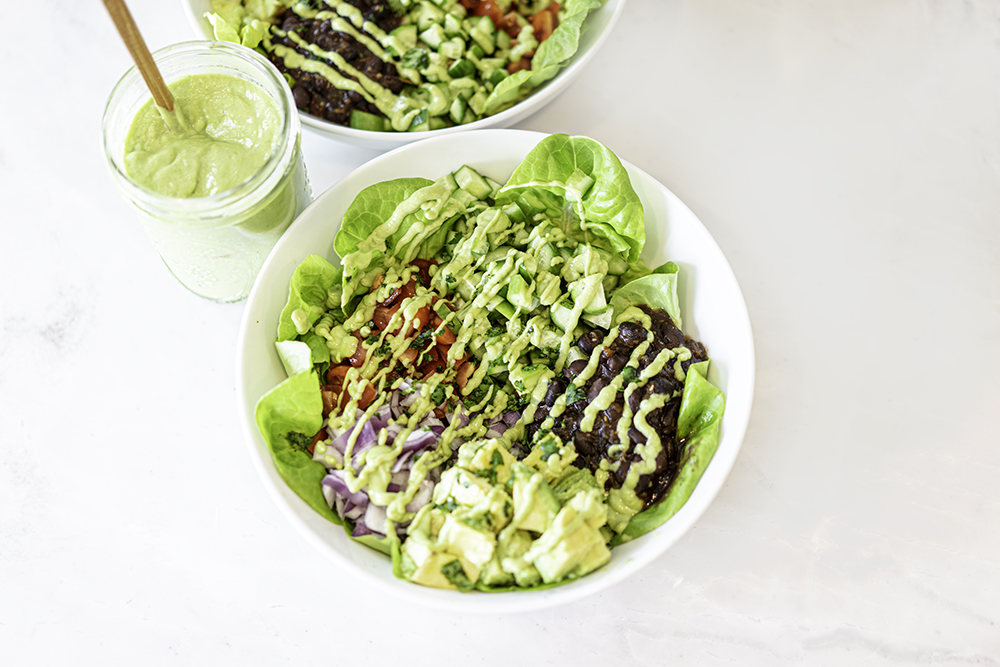
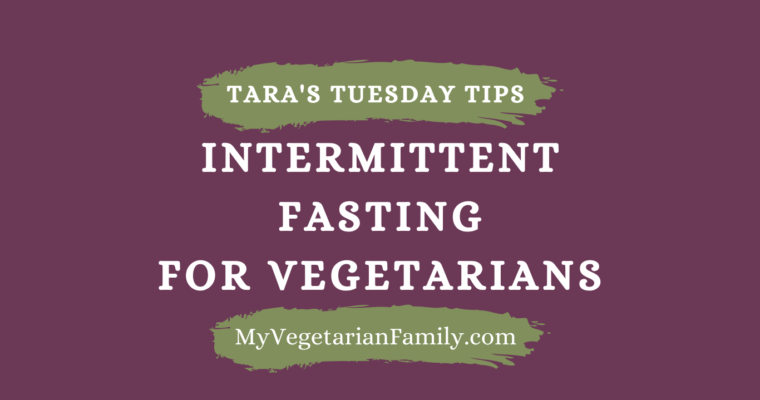
7 thoughts on “The Vegetarian’s Guide To Mood Boosting Foods”